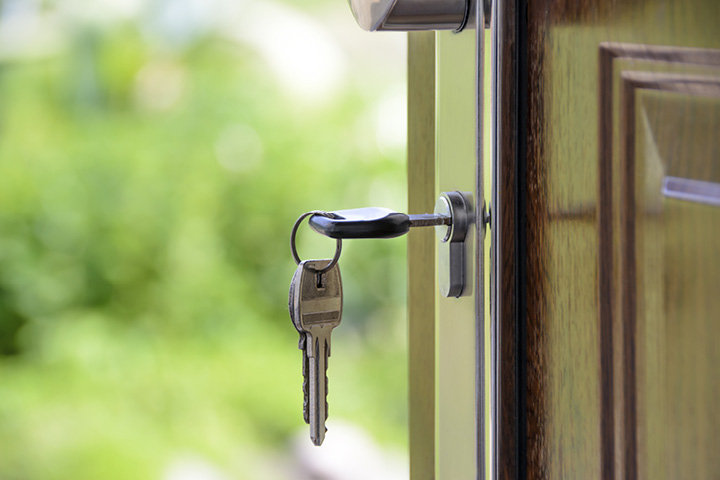Scott Flannigan
- Director

A hot topic in the Scottish private let sector at the moment is the introduction of a new mandatory licensing system for short-term lets (“STLs”). In April 2016, there were just under 10,500 Airbnb listings in Scotland and by 2019 this had grown to 32,000. With the rise in STLs came many benefits for visitors and hosts alike, as well as obvious economic gains for the local economy. However, despite those positive gains, the previously unregulated market was not without its problems.
Scottish ‘hotspots’ such as Edinburgh and the Highlands (particularly Skye, Inverness and Aviemore) were witnessing adverse effects on residents in the form of rising private rental costs and soaring house prices caused by an influx of buy to let investors. Other practical problems arising from STLs are an increase in antisocial behaviour and damage to common areas, as well as a sense of general community disconnect.
In an effort to balance the economic and tourism benefits from STLs with the needs and concerns of local communities, the Scottish Government introduced the Civic Government (Scotland) Act 1982 (Licensing of Short-term Lets) Order 2022 (“Licensing Order”) which entered into force on 1 March 2022.
Local authorities are required to establish the new mandatory STL licensing system by 1st October 2022. This means that after 1 October 2022, new hosts and operators will need to have a licence, and existing hosts and operators have until 1st April 2023 to apply for a licence.
Local authorities report that the new licensing scheme will allow them to ensure that STLs are safe, address issues faced by neighbours, and handle complaints effectively. It will also provide a mechanism by which the local licencing authority can ensure that those providing STLs to visitors are suitable persons.
The new Licensing Order is intended to sit alongside relatively recent planning legislation, namely the Town and Country Planning (Short-term Let Control Areas) (Scotland) Regulations 2021, which permits local authorities to create designated STL control areas. This designation means that all STLs within the STL control area must have planning permission to operate as an STL. Any use as an STL within the STL control area will be viewed as a ‘change of use’ in planning terms. Where a property has been used as an STL consistently and uninterrupted for more than 10 years the use of the property has likely changed and it may be eligible for a Certificate of Lawfulness of existing Use as an STL. Otherwise an application for planning permission will be necessary.
City of Edinburgh Council were the first to make use of this power. The whole of the Edinburgh City area will become Scotland’s first STL control area from 5 September 2022.
Concerns have been expressed by the STL industry that not all operators will be able to secure planning consents, and what that will mean for operators. It is also not known at this time what impact, if any, this will have on the availability of affordable housing in the capital.
The Licensing order provided flexibility to local authorities in how it is implemented. Councils are preparing for the administration of the new scheme, developing policies to cover things such as licence duration, temporary exemptions, temporary licences, and the setting of fees, which will vary from council to council. Councils are required to apply the mandatory licence conditions specified in the Licensing Order. Each council may also impose additional licence conditions to address local concerns and challenges
The application process is likely to involve:
With 1 October fast approaching, local authorities are seeking views on their policy statement and licence conditions for the new scheme being introduced in each area.
If you own a STL and have any queries in relation to the new licensing scheme, please contact Scott Flannigan or Gillian Smith, both members of Anderson Strathern’s Retail Advisory Group, who are happy to advise.
You might also be interested in these articles: